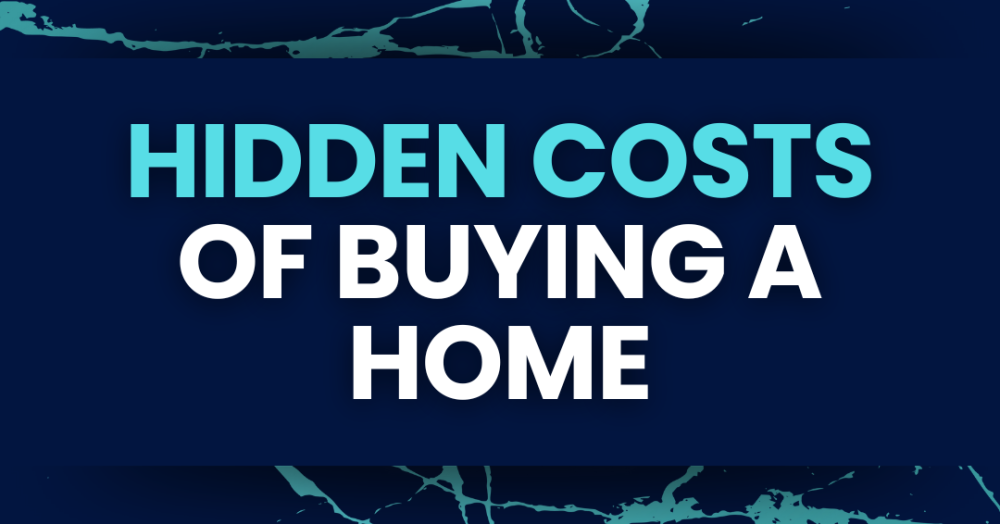While it’s easy to focus on the headline price of the property, there are many hidden costs involved in the buying process that can catch you off guard if you're not prepared. Here, we break down these costs and offer tips on how to budget for them effectively.
1. Stamp Duty Land Tax (SDLT)
Stamp Duty is one of the most significant additional expenses when buying property in England and Northern Ireland. The rates vary depending on the value of the property and whether you're a first-time buyer or purchasing an additional property.
First-time buyers may benefit from a reduced rate.
For most buyers, expect to pay:
0% on the first £250,000
5% on the portion from £250,001 to £925,000
Higher rates apply to more expensive properties and additional homes.
Budget Tip: Use HMRC's online Stamp Duty calculator to get an accurate estimate before making an offer.
2. Legal Fees and Conveyancing
Solicitor or conveyancing fees typically range from £800 to £1,500, depending on the property value and complexity of the transaction. These fees cover legal checks, contracts, and liaising with the Land Registry and mortgage lender.
Budget Tip: Ask for a fixed-fee quote upfront and ensure all disbursements (third-party costs like Land Registry fees) are included.
3. Mortgage Fees
Many mortgage products come with additional costs, including:
- Arrangement fees (£995 to £2,000)
- Valuation fees (£300+)
- Broker fees (if using a mortgage adviser)
Budget Tip: Some lenders allow you to add arrangement fees to your mortgage, but this increases your overall interest. Compare deals carefully, and don't just chase the lowest rate.
4. Surveys and Valuations
While a basic valuation may be required by your lender, you may choose to pay for a more comprehensive survey:
- Homebuyer Report: £400 - £700
- Full Building Survey: £600 - £1,500+
Budget Tip: Investing in a good survey can save you thousands later by identifying structural issues early.
5. Insurance Costs
Before you can exchange contracts, your mortgage lender will require you to have buildings insurance in place. You may also want contents and life insurance.
Budget Tip: Shop around for bundle deals and don’t automatically accept the insurer recommended by your lender.
6. Moving Costs
Moving services can range from £500 to £2,000 depending on distance, volume, and whether you use professional movers or DIY with van hire.
Budget Tip: Book early, compare quotes, and consider doing the packing yourself to cut costs.
7. Furnishing and Repairs
Even new-build homes may require essential purchases like curtains, furniture, and appliances. Older properties often need more work.
Budget Tip: Set aside at least £2,000-£5,000 for initial furnishing and minor improvements.
8. Council Tax and Utilities
You'll need to budget for ongoing monthly expenses:
- Council Tax (varies by property band and location)
- Gas, electricity, water
- Internet and TV licence
Budget Tip: Ask the seller or agent for average monthly costs so you can prepare accordingly.
Final Thoughts: Planning Ahead
Buying a home is more than just affording the deposit and monthly mortgage payments. A well-planned budget that includes these hidden costs can prevent financial stress and help ensure a smooth transition into your new home.
Action Step: Create a spreadsheet or use a home-buying budget planner to itemise each cost, and don’t forget to add a contingency fund of 10-15% for unexpected expenses.
By being prepared, you'll feel more confident and in control throughout the home-buying journey. And remember, working with an experienced estate agent can help you uncover and navigate these hidden costs with greater ease. So if you want to have the best experience buying your first property give us a call so we can walk you through every step of the way. 0121 681 6327
